Coronavirus is closing down summer camps across the country, and parents are panicking: 'It's a pretty big loss'
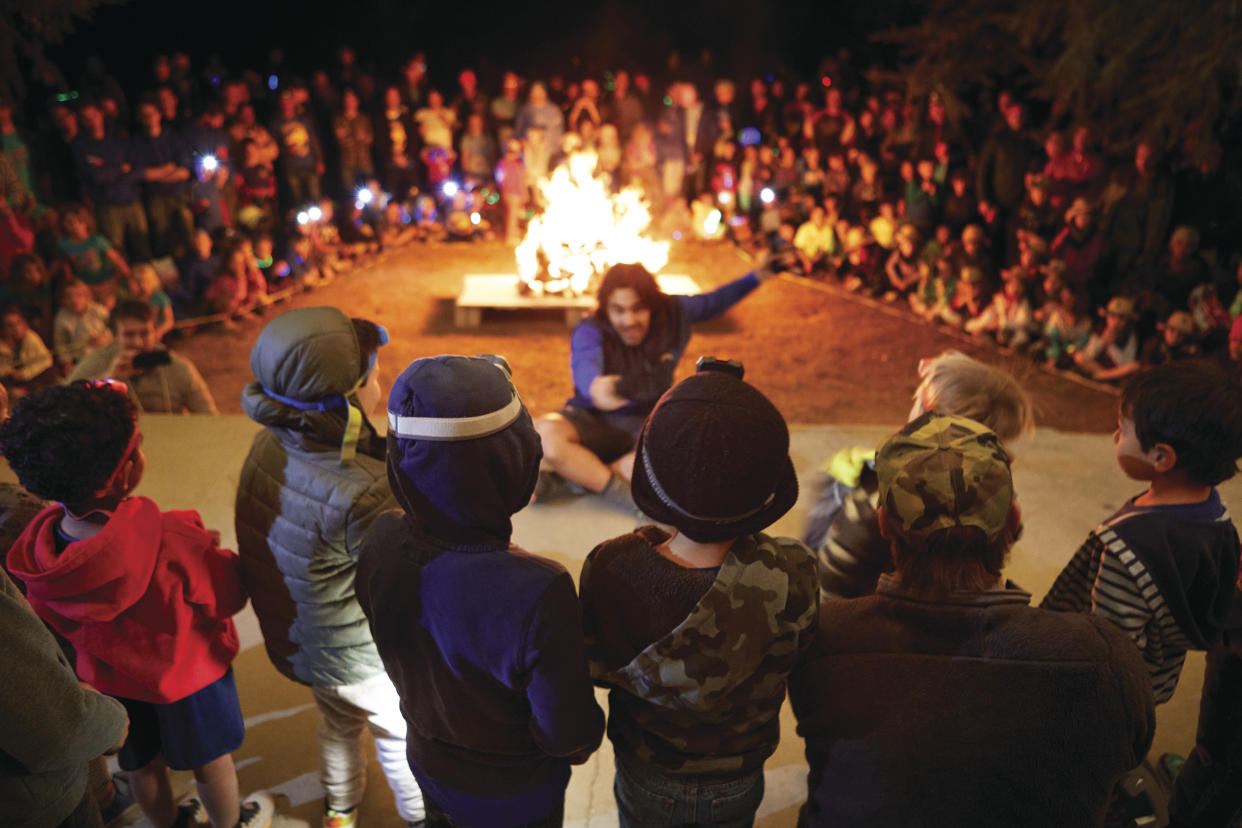
When Michelle Jacobs’s 18-year-old son Sean first attended sleepaway camp as a 9-year-old, it was life-changing: As a kid with cerebral palsy, she says, Sean doesn’t see many other kids like himself during the school year. But at Southampton Fresh Air Home, which has hosted kids with physical disabilities for over a century in Southampton, N.Y., “the kids are all the same, and he doesn’t stand out,” Jacobs tells Yahoo Life, adding, “It promotes independence for Sean.” It’s why he has returned summer after summer, for stretches of three to six weeks at a time.
But this year, because of COVID-19, the camp has decided it will not operate, switching instead to a remote program, and the decision has left both Sean and his parents feeling bereft.
“It’s a pretty big loss, it really is,” Jacobs, of Wayne, N.J., says. “So, he’s kind of down. … It’s sad for us, too, because we know how much he looks forward to it.”
Across the country, school being canceled has been tough enough. But now, with the fast approach of summer, there’s another source of angst for millions of parents: the closure, or possible closure, of sleepaway camps. It has left many like Jacobs scrambling — and not just for a logistical backup plan, but also for ways to soothe the emotional loss.
“It’s her happy place. It’s where she thrives. It’s who she is,” says Julie Wolpov, New York City mom to an 11-year-old who has attended seven-week summer overnight camp since the age of 7, just as Wolpov did throughout her own childhood. Now her family is on tenterhooks, awaiting the upstate camp’s decision as to whether it will operate or not.
“They go all year with so many eyes on them, especially city kids,” she says, “then get to go somewhere where they can explore their independence, live their best life, take risks without checking in with anyone, no cellphones.”
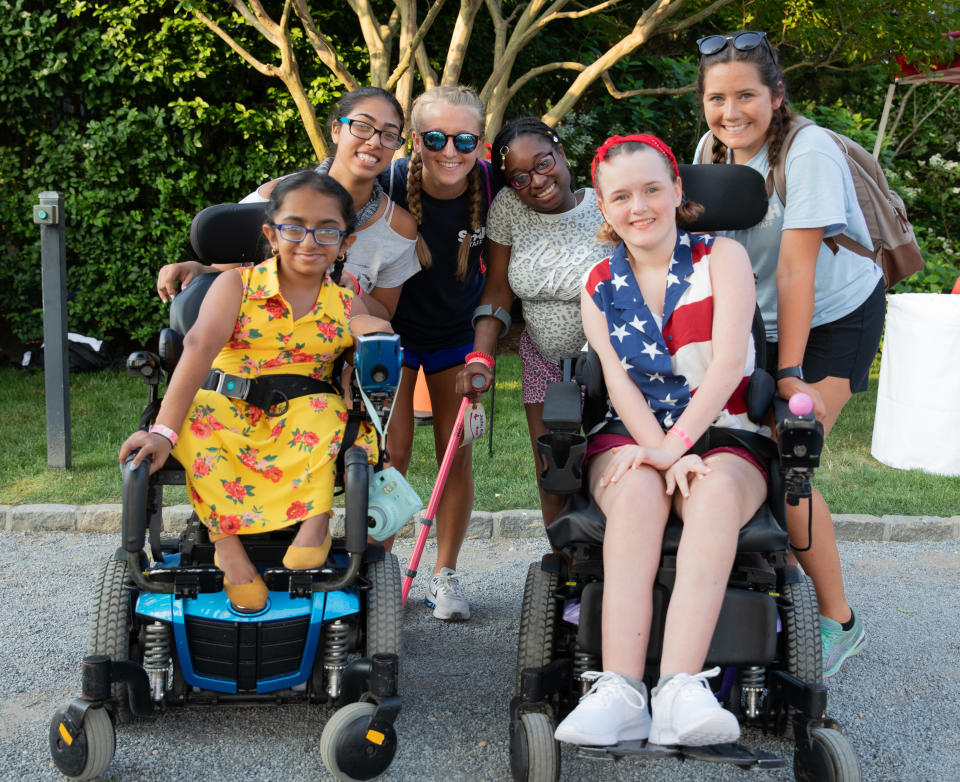
Now, families of the millions of kids who attend one of the 14,000 U.S. summer camps — including 8,400 sleepaway camps — are in a similar sort of limbo, anxiously awaiting a decision or already mourning the loss after being told camp has “gone virtual.” And while the brunt of those cancellations is being born at very different intensity levels, depending on whether moms and dads are working, single, urban-based, struggling financially or parenting children with special needs, everyone’s feeling some sort of hit.
“For most families that are committed to camp, it’s a very emotional thing to them,” Paul McEntire, COO of YMCA of the USA, tells Yahoo Life. There are 325 Y overnight camps nationwide (as well as more than 10,000 day camps), at which 30 percent of campers attend with some sort of financial aid. “For many, they’ve been multi-generational at the same camp, and it is such a built-in, normal part of their summer lives that it will be a real loss. Then, programmatically, something will have to be done to care for that child, parents working or not. There will need to be adjustments.”
For Jacobs, that will mean either the local day camp Sean attends or, in the face of its cancellation, she says he’ll be attending “Camp Mom.” For Wolpov, who hopes to send her daughter to camp even it operates in some amended capacity, she says, “We’ll have to make lemonade out of it. And honestly, we’re fortunate.”
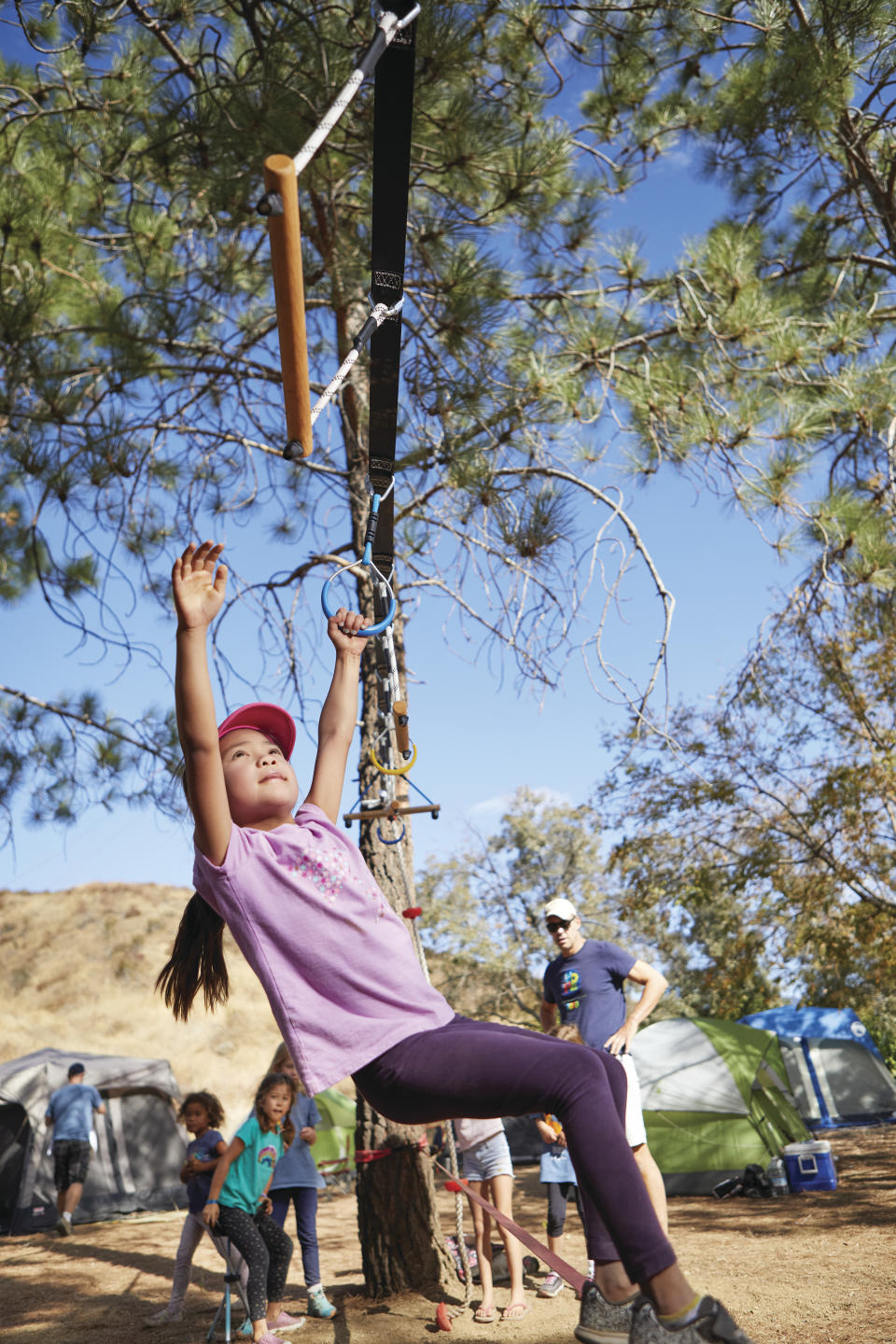
Right now, the outlook on summer camp is an uneven patchwork of open and closed that’s based on a mixture of factors — including state and local guidelines, and risk factors as assessed by individual camps, many of which have named May 15 as the date of decision-making, says McEntire.
“Obviously, this is a very personal choice for a parent for their child, and in most cases, I suspect the parent won’t know everything they want to know until literally before they get in the car to maybe take their child to camp,” says McEntire, noting that the majority of Y camps still plan to operate at this point. “These are very uncertain times.”
What camps are planning
To help offer guidance to parents, McEntire says, the Y USA joined forces with the national nonprofit camp accreditor American Camp Association (ACA) several weeks ago to create a committee of experts, including epidemiologists and pediatricians, from the Environmental Health and Engineering consultant group. The aim is for the group to create and publish, on May 18, safe operating guidelines for camps — which make up an $18 million business in the U.S. — based largely on the hopefully forthcoming Centers for Disease Control and Prevention guidelines that were sidelined by President Donald Trump earlier this month.
“Right now, across the country, camp directors are asking themselves, ‘How and when can we work with children this summer … in a safe and appropriate manner?’” Tom Rosenberg of the ACA tells Yahoo Life, adding, “We are hopeful that the CDC will be able to release that set of guidelines as soon as possible.”
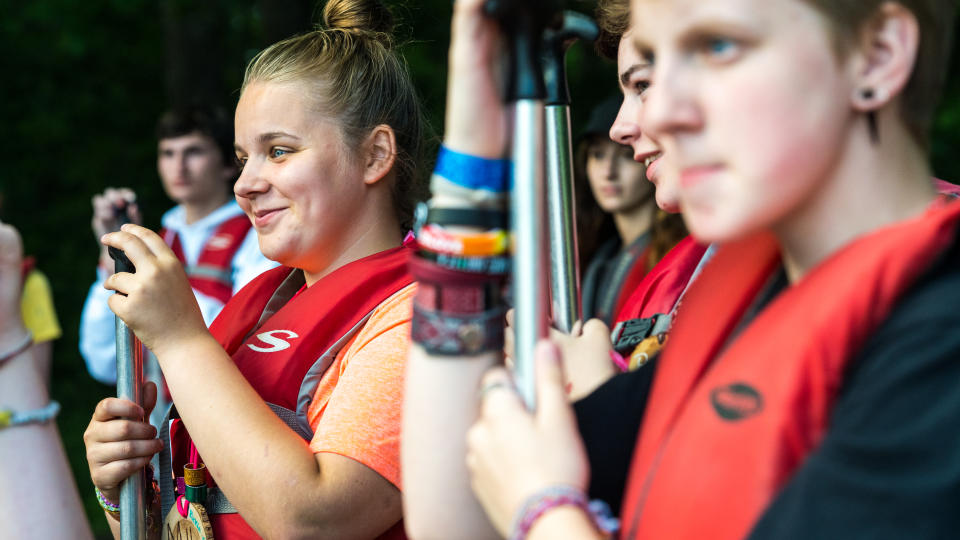
While it’s not ACA’s place “to tell camps what to do,” says Rosenberg, stressing that “no two camps are the same,” he does make a strong pitch for keeping camps operating if at all possible to do so safely, for the mental-health benefits so needed by kids right now; a recent email correspondence from the ACA to its members (shared by a camp with Yahoo Life) noted, “At this time, we are encouraging camps to continue to plan for summer, acknowledging that some summer programming may be adapted or amended.”
An example of what amended summer camp 2020 may look like, he and McEntire explain, would include adapting three primary changes: an altered check-in system that has kids spread out at an off-property location and which limits where parents can go on the campus; changing nearly all logistics in a way that would include rearranging sleeping cabins and eating in small multiple shifts; and differences in how kids are supervised, with small family-like groups sticking together, not interacting with others and remaining with the same three to four adults all the time.
“There would be small, family-like groups that remain physically distant, with tons of screening and monitoring,” he says.
Also, says McEntire, some activities that would be too difficult to keep properly cleaned, such as rope climbing, would be nixed.
“We know childcare is a need; we know normalcy is a need,” he says. “If it’s safe, it’s good for a child’s mental and physical health. We won’t operate if it’s not safe, but we realize they have to be somewhere doing something. So, we’re trying to balance all that.”
But will it be safe enough?
Even these big potential changes just don’t add up to enough comfort for some camps or parents.
That includes Sam Kennedy, director of the 93-year-old Kieve (for boys) Wavus (for girls) camps in Maine — which, he notes, remained open even during World War II, but decided to close for the summer of 2020. “This was a gut-wrenching decision,” he tells Yahoo Life. “Conversations about this summer went from cautiously optimistic in early April to more realistic a couple weeks ago as it's become clearer that the effects from this virus will be lasting. When Maine's Governor Janet Mills spoke in late April ... we understood our only responsible decision was to suspend all camp operations for this summer.”
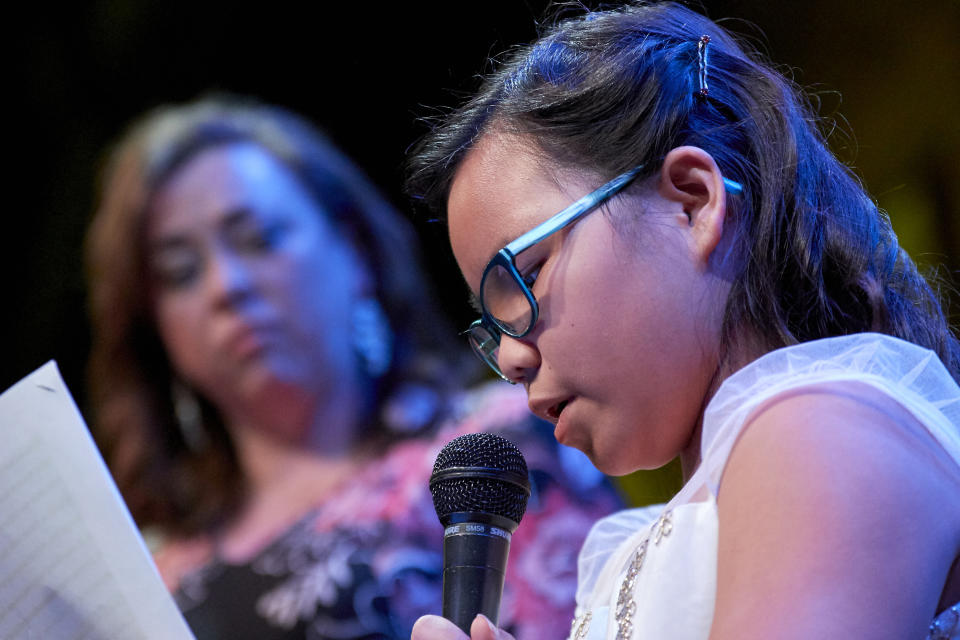
Patrick Kindler, executive director of One Heartland, felt similarly — especially since the Minnesota-based camp organization hosts separate sessions for various at-risk populations, including youth who are LGBTQ, homeless and living in shelters, or living with or affected by HIV/AIDS, the latter of which are often children adopted from overseas orphanages who were badly stigmatized and separated from other kids in early childhood, he explains.
“Our kids live for this week,” Kindler tells Yahoo Life, noting that a recent Facebook fundraiser started by the camp’s founder has raised nearly $30,000 — mainly from former campers and staff, which is a testament to how beloved it is. “The majority of our campers — at least 75 percent — live at or below poverty level, so it’s been pretty amazing for those donations to come in.”
It’s because at their camp sessions, he says, offer “one week they’re not bullied. A lot don’t get to be their authentic selves — ever — during the year, at least not in a large group setting.”
Camp mom Michelle Benson of Plymouth, Minn., says that has been true for her daughters, 11 and 16, both of whom were adopted from China and the younger of whom has HIV. “She lived in an orphanage after being found at about a year and a half, wandering around a bus station. … [For five years] she was very isolated because of her status — in a room down the hall with just her nanny, she ate separately.” Benson, a single mom, explains to Yahoo Life.
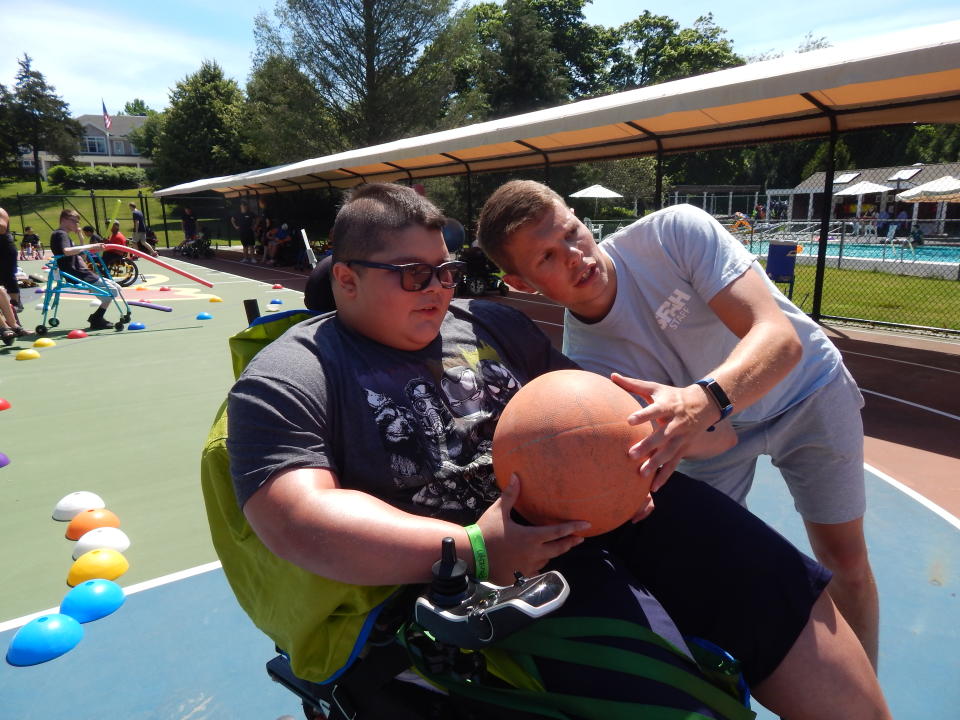
“Finding the camp was wonderful,” she says about One Heartland. “It was so nice for both of my girls to be around people who are in the same situation. It’s only been the last year or so where I even said ‘HIV,’ because there’s still such a stigma. I don’t want her to say it to another kid. … [These people] understand how she feels.” The cancelation of camp is “disappointing,” she says, as “it’s an opportunity for my little one to let her guard down. But it’s certainly understandable.” She says plan B will involve hanging around at home, where they are lucky enough to have a yard with gardens — something city families do not have such easy access to.
“Never have I more realized the importance of terra firma. … It’s become so glaringly obvious how crucial that bit of greenery is,” Chloe Jo Davis, New York City mom to three sons ages 5, 7 and 10; while the youngest have been going to day camp, the oldest had just started sleepaway. And though the camp hasn’t yet made the call to close, sending him there even with the safety adjustments “feels scary.” It’s why she and her husband have been looking to move out of the city. “That would be our alternative plan,” she says. “My kids deserve nature.”
Liza Maltz, meanwhile, a doula and single mom to a 10-year-old boy in New York City, has no alternative plan should her son’s Maine camp shutter. “I’m freaking out,” she says.
Because the irony now, of course, is that “parents probably need camp this summer more than any summer,” notes Kindler of One Heartland. “It’s awful we didn’t have another choice. But we’re hoping to get the registration page up for 2021 so they have something to look forward to.”
Finally, Rosenberg of the ACA says he fears for what the pandemic may do to the spirit and independence that kids need, especially Generation Z, which was already “socially vulnerable” before, he says. “I think a lot about how the case for camp has widened exponentially during the five weeks of the pandemic so far,” Rosenberg says. “The hard truth is that, ultimately, an infection is just one of the risks children face in this crisis. The isolation they’re facing is enormous. And that cumulative trauma, I’m fairly sure, is something we’re going to need to pay attention to.”
For the latest coronavirus news and updates, follow along at https://news.yahoo.com/coronavirus. According to experts, people over 60 and those who are immunocompromised continue to be the most at risk. If you have questions, please reference the CDC’s and WHO’s resource guides.
How to maintain your physical and mental health during the pandemic
Taking care of a loved one with COVID-19? Here’s how to stay healthy
Q&A with Dr. Kavita Patel: How to keep your family safe and maintain your mental health
Read more from Yahoo Life
Rashes. Breakouts. How to treat common side effects of wearing masks.
Symptoms of COVID-related inflammatory syndrome in kids are ‘not subtle’ — here’s what to look for
Want daily lifestyle and wellness news delivered to your inbox? Sign up here for Yahoo Life’s newsletter.

